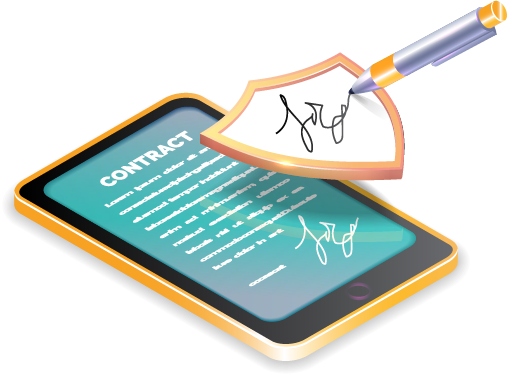The eSignature legal guide for the United States:
Electronic Signature has been federally recognized by law since 2000 with the Electronic Signatures in Global and National Commerce Act (ESIGN Act) and the Uniform Electronic Transactions Act (UETA). These Acts admit the validity and enforceability of electronic signatures. The past two decades have proven time and time again that the US is business friendly and supports eSignature for business and personal transactions.




